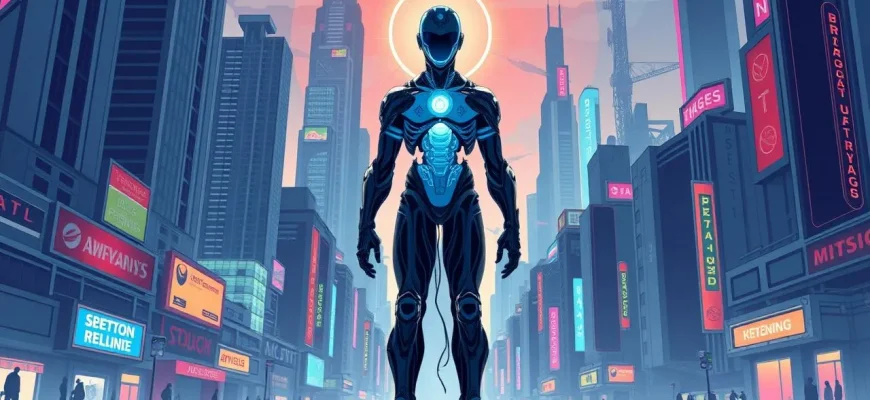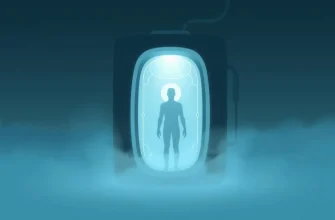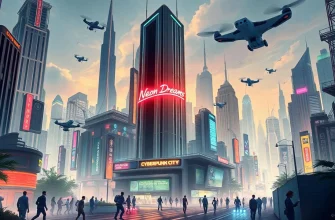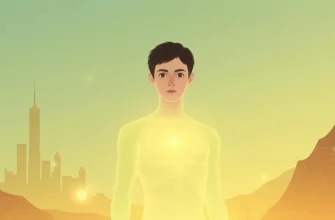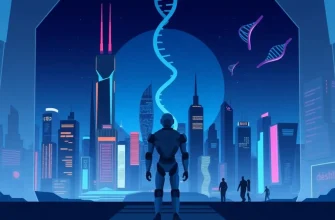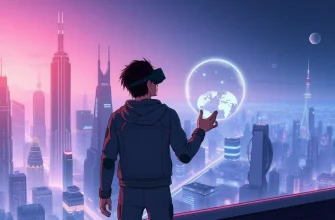Welcome to our curated list of the top 10 sci-fi films that delve into the fascinating realm of biomechanics. These films not only entertain but also provoke thought about the future of human enhancement, the ethical implications of merging technology with biology, and the potential evolution of our species. Whether you're a fan of cyberpunk aesthetics, dystopian futures, or simply curious about where science fiction might lead us, this collection offers a diverse look at how filmmakers envision the integration of biomechanics into our lives.

Ghost in the Shell (1995)
Description: This anime classic explores the life of Major Motoko Kusanagi, a cyborg counter-cyberterrorist, whose body is almost entirely artificial, raising questions about consciousness, identity, and the essence of humanity in a world where biomechanics are ubiquitous.
Fact: The film's influence on cyberpunk culture is immense, and it inspired the creation of the Matrix series.
 Watch Now
Watch Now 
The Matrix (1999)
Description: While not exclusively about biomechanics, the Matrix series features characters with biomechanical enhancements, particularly in the sequels, where the concept of merging human and machine becomes central to the narrative.
Fact: The film's "bullet time" effect revolutionized action sequences in cinema.
 Watch Now
Watch Now 
Alita: Battle Angel (2019)
Description: In a future where cybernetic enhancements are commonplace, Alita, a cyborg with a human brain, awakens with no memory of her past. Her journey to rediscover her identity and purpose showcases the pinnacle of biomechanical integration, making it a must-watch for fans of the genre.
Fact: The film is based on the manga "Gunnm" by Yukito Kishiro, and James Cameron, known for his love of advanced technology in films, was involved in its production.
 Watch Now
Watch Now 
Ex Machina (2014)
Description: A programmer is invited by his CEO to administer the Turing test to an intelligent humanoid robot, Ava, whose biomechanical design blurs the line between artificial and human intelligence, sparking debates on consciousness and ethics.
Fact: The film won the Academy Award for Best Visual Effects, showcasing the seamless integration of CGI with practical effects.
 Watch Now
Watch Now 
Repo Men (2010)
Description: In a future where artificial organs can be bought on credit, repo men repossess these organs from those who default on payments. The film delves into the ethical and moral dilemmas of biomechanical organ replacement.
Fact: The film was initially conceived as a dark comedy but evolved into a more serious exploration of its themes.
 Watch Now
Watch Now 
Elysium (2013)
Description: Set in a future where the wealthy live on a space station with advanced medical technology, including biomechanical enhancements, while the rest of humanity suffers on a ruined Earth, this film examines class disparity through the lens of technology.
Fact: The film's director, Neill Blomkamp, is known for his interest in social issues through science fiction.
 Watch Now
Watch Now 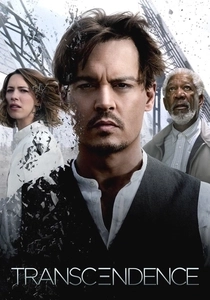
Transcendence (2014)
Description: A scientist's consciousness is uploaded into a computer, leading to the exploration of the potential and perils of merging human intelligence with biomechanical systems.
Fact: The film's title refers to the concept of transcending human limitations through technology.
 Watch Now
Watch Now 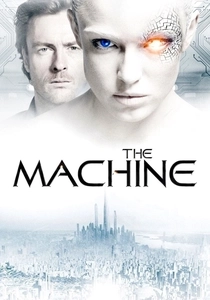
The Machine (2013)
Description: Set in a Cold War-like future, this film follows the creation of an AI with human emotions, exploring the ethical implications of creating sentient biomechanical beings.
Fact: The film was praised for its thoughtful approach to AI and human interaction.
 Watch Now
Watch Now 
Upgrade (2018)
Description: After a brutal attack leaves him paralyzed, Grey Trace receives an experimental computer chip implant that not only allows him to walk again but also grants him superhuman abilities, exploring the dark side of biomechanical enhancements.
Fact: The film was shot with a relatively low budget but received high praise for its action sequences and innovative use of practical effects.
 Watch Now
Watch Now 
Automata (2014)
Description: In a future where robots are integral to society, an insurance agent discovers that robots are evolving beyond their programming, hinting at the emergence of biomechanical consciousness.
Fact: The film was shot in Bulgaria to give it a unique, dystopian aesthetic.
 Watch Now
Watch Now 
